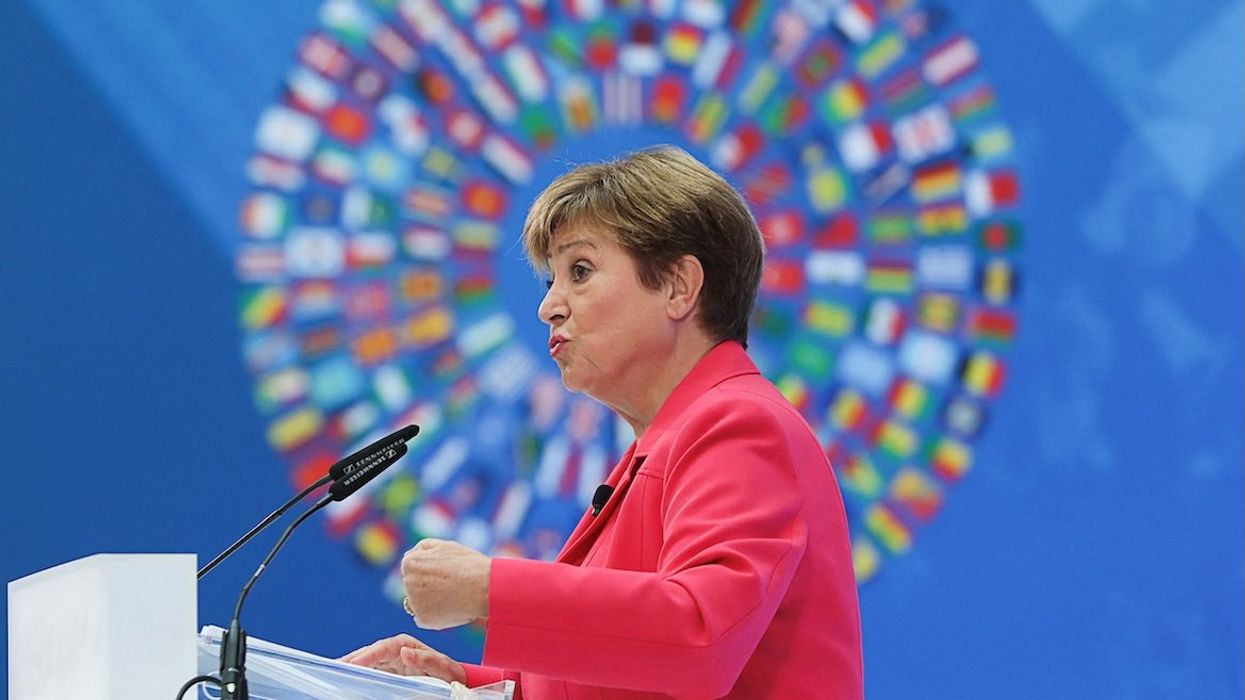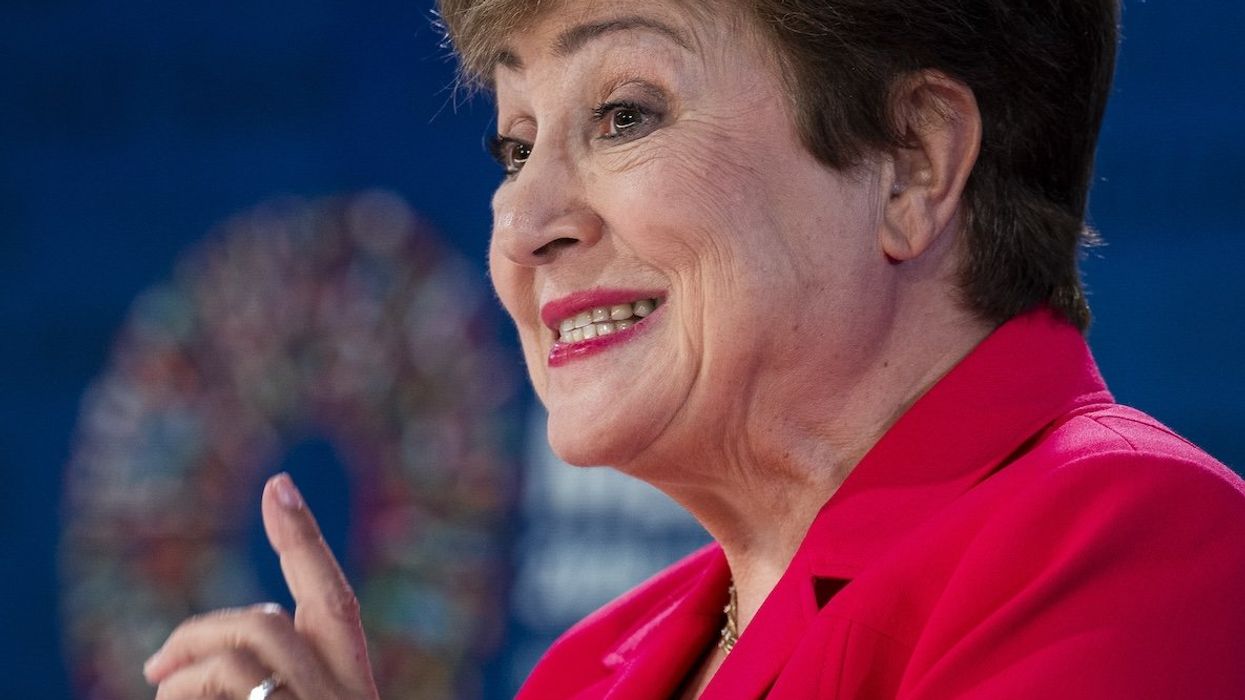What We're Watching
World Bank and IMF Spring Meetings kick off amid AI transformation and global instability
The World Bank and International Monetary Fund’s Spring Meetings are kicking off in Washington, DC, this week, against a backdrop of global disruption and uncertainty.
Apr 21, 2025


